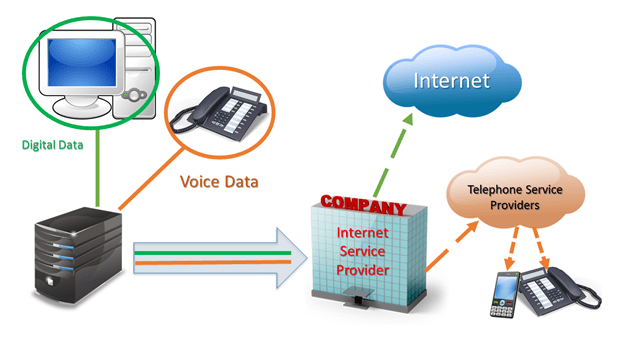5 Phone System Features that Streamline Our Business
The more robust and effective your phone system is the more it will streamline business operations. This will cut down on wasted time and resources. Look for features like these to streamline and improve your business and your bottom line. Call Recording Call recording allows people to record and store inbound or outbound calls. It’s … Read more





